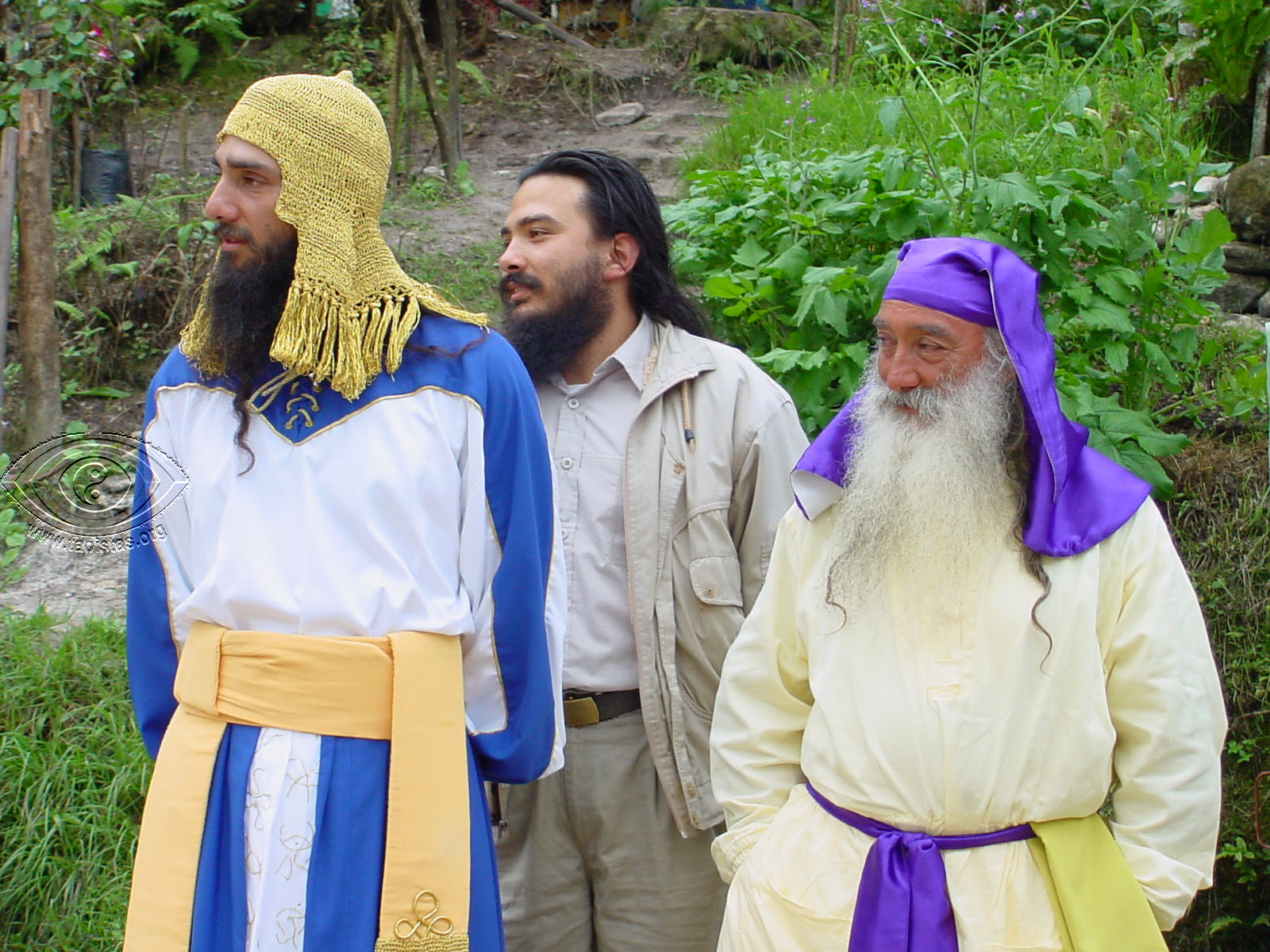Kastesakro
Donec sollicitudin molestie malesuada. Lorem ipsum dolor sit amet, consectetur adipiscing elit. Praesent sapien massa, convallis a pellentesque nec, egestas non nisi SubscribeLive StreamKastesakro or Taoist Linguistics.
The word of God is my word; through my tongue my mouth and my throat the voice of God is heard, my word is perfect as my father who is in heaven is perfect.
V M kelium zeus.
The kastesakro has the sublime purpose of cleansing the verb of those who seek to raise their level of spiritual vibration.
It results from the union of the words chaste and sacred. Kastesakro can be translated as sacred word, clean verb or golden verb. But it really refers to a proactive, clean and creative verb as the sex of the Gods who have the power to create with the word.
Kastesakro is the new form that defines Taoism in which it proposes to unify the brain and consciousness in a multidisciplinary context that encompasses many levels of study, from the purely linguistic to the specifically behavioral, cognitive, conscious and spiritual, since speech is an act of will and intelligence that occupies a person to be able to communicate and relate.
It is Kastesakro includes and studies a set of rules that regulate the communication process since when we speak, because words are things that enter into the phase of the exchange of ideas, things or messages; if we speak well, the result of what is done, is well, because the words have their exact value when they express what they really mean; this is one of the main functions of social language.
If we think well, we speak well, and logical thoughts lead to logical actions.
It has been shown that people who have good relationships with others easily overcome difficulties.
A negative or insulting word activates the amygdala, the brain structure linked to alerts, and generates a feeling of discomfort, anxiety or anger; when we hear a negative, vulgar word or a NO at the beginning of a dialogue, the pituitary gland releases corticotropin and this accelerates the release of cortisol, the stress hormone and turns on alerts and becomes defensive.
When we hear a pleasant expression or YES, the hypothalamus releases dopamine, the hormone of well-being, satisfaction and joy.
Positive words stimulate the right hemisphere of the brain, which is related to emotions and produces feelings of joy, pleasure, and harmony.
Words are very important in man’s productive relationships and knowing how to speak is a strategic resource related to wealth, prestige, knowledge and power.
The kastesakro includes some aspects to take into account such as:
SPEECH:
Speech characterizes the linguistic behavior of a speaker individually, therefore, it expresses what each one is internally and when someone speaks we can know the level of education, the intellectual and spiritual degree and in some cases the profession.
In Kastesakro there is a logic by which the Spanish language has some different signs with similar pronunciation phonemes such as: the lavidental V and labial B, LL and Y, S and C. For example:
CASA HUNT: is to kill animals. Their pronunciation is similar but the meaning is different.
If the words, phrases and messages are celestial then they are written in kastesakro, while the words that have a malevolent connotation, it is written with the letter that represents negative values and acts as for example: the word Good is written with labial B whose value is 13 that represents the decay and death of something; it is used to describe a good that carries a petty interest; but if it refers to a spiritual help it is written with labidental V called uvé, which represents the act of son of God, the enlightenment in an act.
PRONUNCIATION:
The words must be pronounced correctly since the omission or change of any of the letters changes or the meaning is not understood.
In the specific case of Yeísmo, which consists of pronouncing two different phonemes represented by the letters Y and LL identically, it is a phonological process of confusion of two originally distinct phonemes; but both yeísmo and the cutting of words is more noticeable in coastal areas where people are usually jocular, quiet and sometimes careless, while in the highlands where people are usually more demure, there is less yeísmo.
Another phenomenon is Bifang, which consists of changing one phoneme for another or adding it to the end of words, as in the case of canción: cangción, Pan: Pang.
CONTEXT
The correct definition of the words that constitute a subject allows not to make mistakes and to avoid speculations. The definition makes the word to be the word in question and not another one. And, in addition, it allows construction based on proper thinking.
CLEANING
Endings in -sion or -tion are replaced by -sel. For example: oración, for orasel
Endings in -ano are replaced by -agdu. Examples: hermagdu, humagdu, etc.
Endings in -sido are replaced by -vido, -vida. Examples: navido, konovido, felividad, etc.
Also the kastesakro is in charge of changing some words or expressions that are not related to the constructive verb, for example: menos mal is changed to más bien; para is changed to pada; parámetro is changed to seguímenes; año is changed to eliokrón etc.
See glossary of words in kastesakro.

Master KELIUM ZEUS INDUSEUS
Sakroakuario Vegetal Temple
Ver
Lo Último de Kastesakro
No Results Found
The page you requested could not be found. Try refining your search, or use the navigation above to locate the post.

Reed
The most new
No Results Found
The page you requested could not be found. Try refining your search, or use the navigation above to locate the post.



